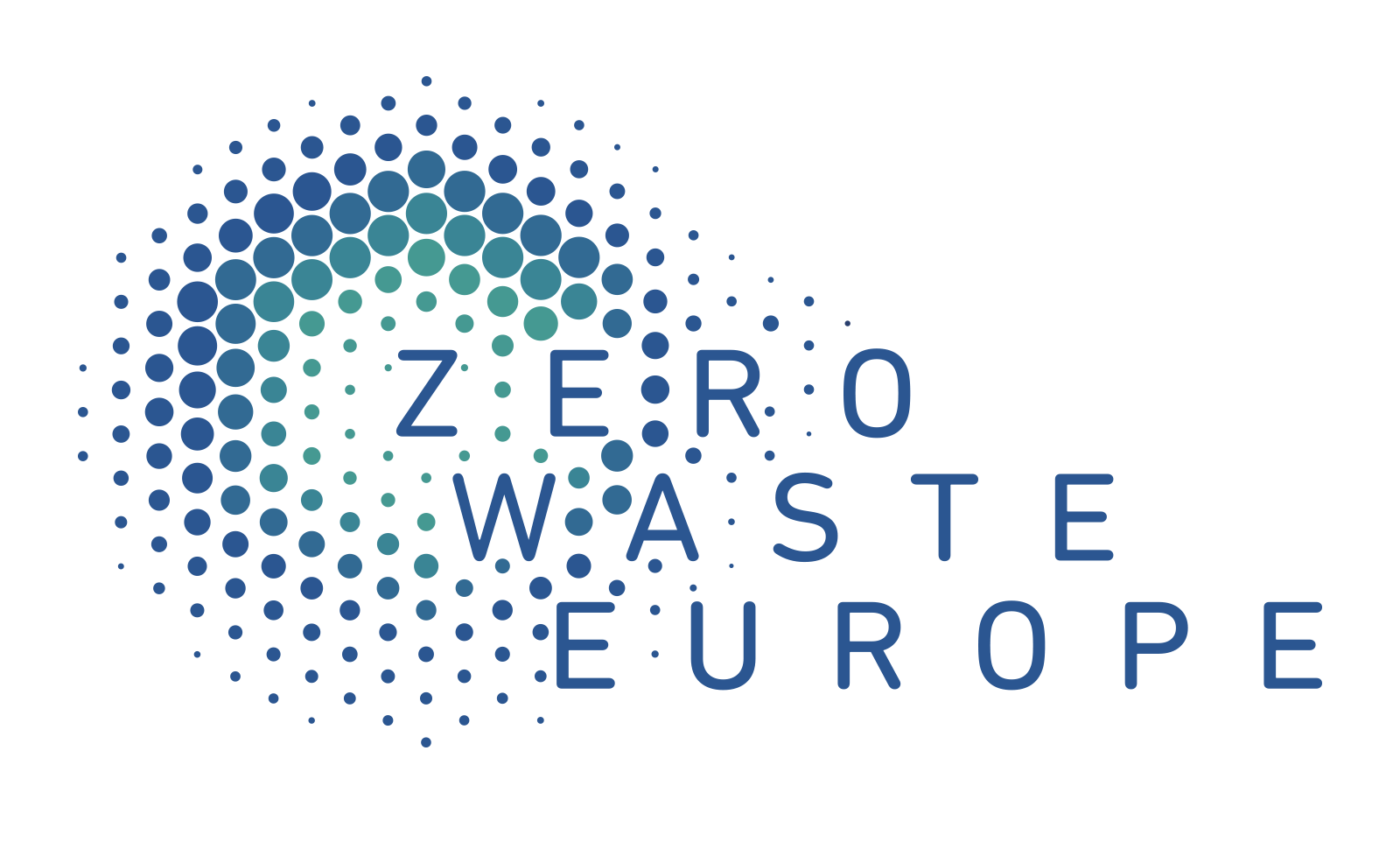EU has “legal duty” to ban PVC, NGOs tell European Commission
Brussels, 13 June 2024
Chemical experts have told the EU that it must ban polyvinyl chloride (PVC) if it wants to comply with its own laws.
The move by ClientEarth, European Environmental Bureau (EEB) and Zero Waste Europe, comes after the three NGOs analysed a 2023 report by the European Chemicals Agency (ECHA) concerning PVC and the danger this plastic and its additives pose.
Used in everything from flooring and pipes to packaging and toys, PVC is one of the world’s most produced and widely used types of plastic. But it is associated with a variety of environmental and health problems, including cancer, reproductive impairment and birth defects. Like PFAS, tiny particles of PVC end up in the environment and remain present for long periods of time.
The ECHA report had been commissioned after PVC and its additives featured in the ‘Restriction Roadmap’ – an EU list of the most harmful chemicals that will likely need restriction.
But despite ECHA’s findings that PVC poses a risk that lacks adequate control, and that alternatives are available to replace most uses, the EU has made no move to ban it, or its dangerous additives. The NGOs say a broad restriction is inescapable according to EU law.
In fact, PVC’s characteristics fall exactly within the scope of what should be restricted under the EU’s flagship chemical law REACH.
Under this legal framework, the restriction of chemicals is not only justified but necessary when they are proven to pose an unacceptable risk that lacks adequate control. PVC ticks all the boxes.
Hélène Duguy, legal expert at ClientEarth states:
“When there’s sufficiently serious evidence that damages to the environment or people’s health may occur, the EU is legally bound to act. That’s the essence of the precautionary principle, which is a principle underpinned in EU law. The harms of PVC to the environment and health have now been too well-documented, including by the EU authorities. There’s no reason to stall any further.”
Christine Hermann, Policy Officer for Chemicals at the European Environmental Bureau states:
“Intense lobbying from the PVC industry has managed to derail plans for a much-needed regulation. The industry has always insisted its alleged societal benefits outweigh the overall drawbacks. PVC may be versatile and relatively inexpensive, but the price we pay as a society is much steeper than a low-cost piece of PVC pipe.”
Dorota Napierska, Toxic-Free Circular Economy Policy Officer at Zero Waste Europe states:
“We need to get real about PVC’s impact on our health and environment.The red tape and costs involved in the vicious circle of simply evaluating and restricting its many additives and their substitutes is through the roof. So why are we still doing this when there is a golden opportunity to ditch PVC for alternatives that make more sense? We have more than enough evidence to act now – that’s why we’re calling on EU policymakers to restrict the use of PVC where it can be replaced by safer and more circular alternatives.”
The NGOs are now calling on the European Commission to act now to phase out PVC by 2030.
ENDS
Notes to the editor
Background
- PVC has been under the scrutiny of authorities for decades. As far back as 2000, the European Commission recognised that PVC causes a wide range of serious problems for the environment and human health.
- More recently, in 2022, the EU has included PVC and its additives in its list of hazardous chemicals that should be restricted – known as the Restriction Roadmap. As a follow-up, the European Chemicals Agency was asked to provide a detailed report on the risks linked to PVC and consider recommendations for action. The report, published last November, shows that PVC poses a risk that currently lacks adequate control and that alternatives are available to replace most uses.
- Yet since the publication of that long-awaited report, the European Commission has failed to take concrete steps towards banning PVC and its dangerous additives. In fact PVC remains one of the world’s most widely produced types of plastic.
- ClientEarth, EEB and Zero Waste Europe have reviewed the ECHA report and produced a new analysis [LINK], concluding that a broad restriction is in order.
- The NGOs argue that the evidence provided by ECHA more than warrants regulatory action by EU decision-makers, in the form of a restriction on PVC, in addition to the regulation of its most dangerous additives.
Media Contacts
- Anaïs Rivalier, Senior Communications Officer, [email protected], +44 (0)7851 926887
- Seán Flynn, Media Outreach and Communications Officer, [email protected] or [email protected] / +32 471 96 55 93
- Beatriz Ortiz Martinez, Senior Communications & Press Officer for Chemicals, [email protected]
About ClientEarth
ClientEarth is a non-profit organisation that uses the law to create systemic change that protects the Earth for – and with – its inhabitants. We are tackling climate change, protecting nature and stopping pollution, with partners and citizens around the globe. We hold industry and governments to account, and defend everyone’s right to a healthy world. From our offices in Europe, Asia and the USA we shape, implement and enforce the law, to build a future for our planet in which people and nature can thrive together.
About Zero Waste Europe
Zero Waste Europe (ZWE) is the European network of communities, local leaders, experts, and change agents working towards a better use of resources and the elimination of waste in our society. We advocate for sustainable systems; for the redesign of our relationship with resources; and for a global shift towards environmental justice, accelerating a just transition towards zero waste for the benefit of people and the planet. www.zerowasteeurope.eu
About European Environmental Bureau (EEB)
The EEB is the largest network of environmental citizens’ organisations in Europe. We bring together over 180 civil society organisations from 40 countries, including a growing number of networks, and representing some 30 million individual members and supporters. Our vision is a better future where people and nature thrive together. The next generation deserves a healthy planet. We believe in a world where equal, just, peaceful, and democratic societies can prosper. A world with rich biodiversity and a safe climate. A world where laws and policies promote health and wellbeing while respecting nature. We believe that Europe has a crucial role to play in building this future. We advocate for progressive policies to create a better environment in the European Union and beyond.


